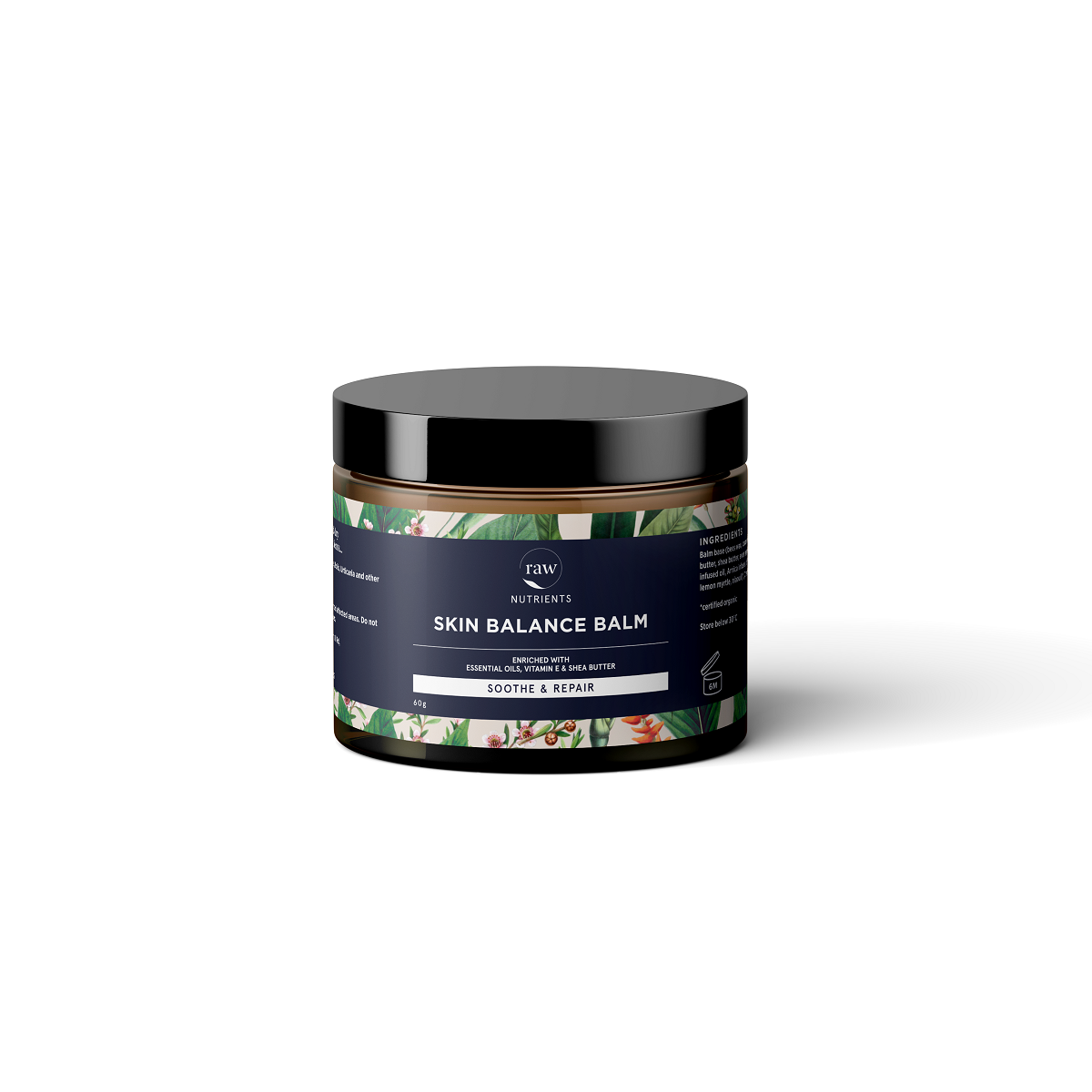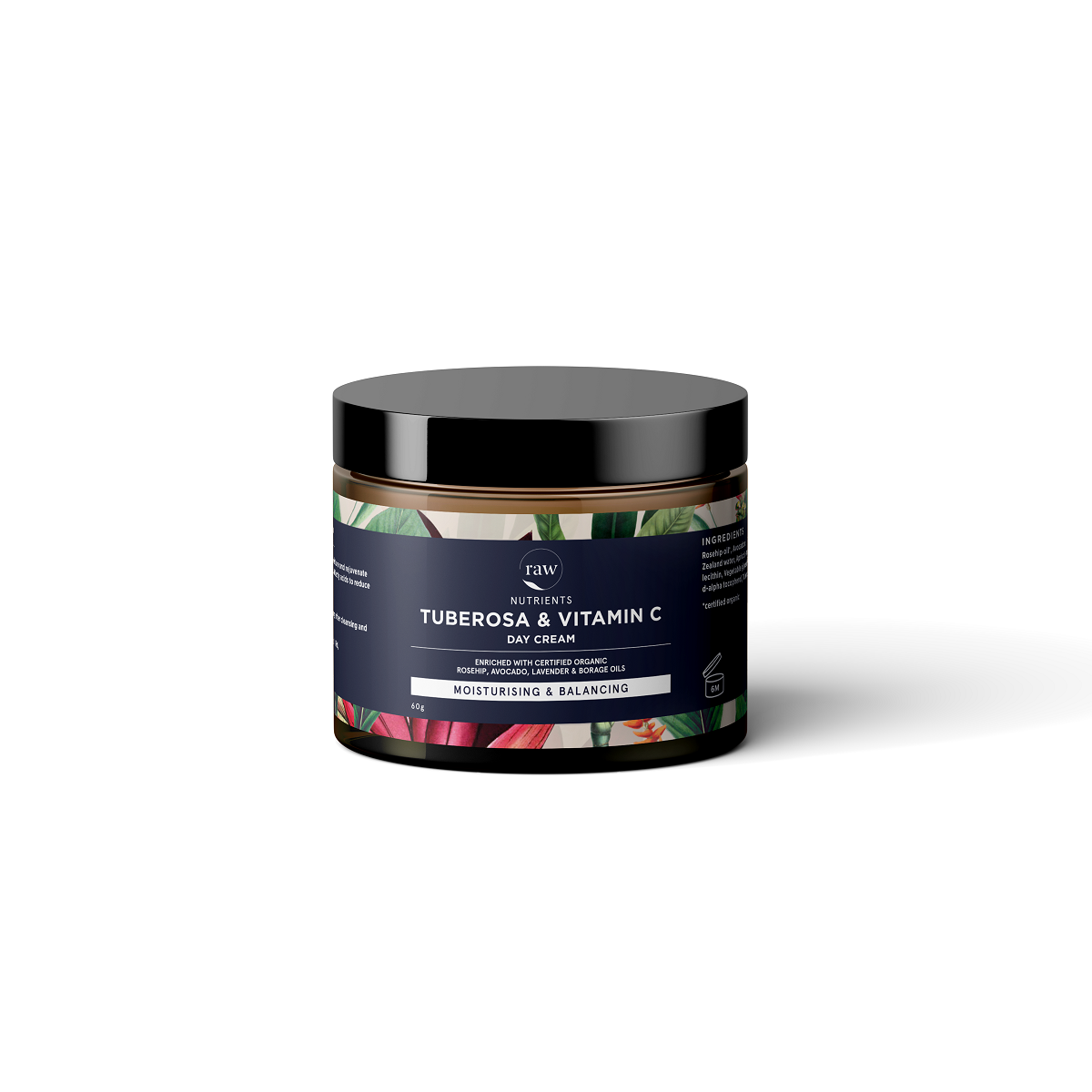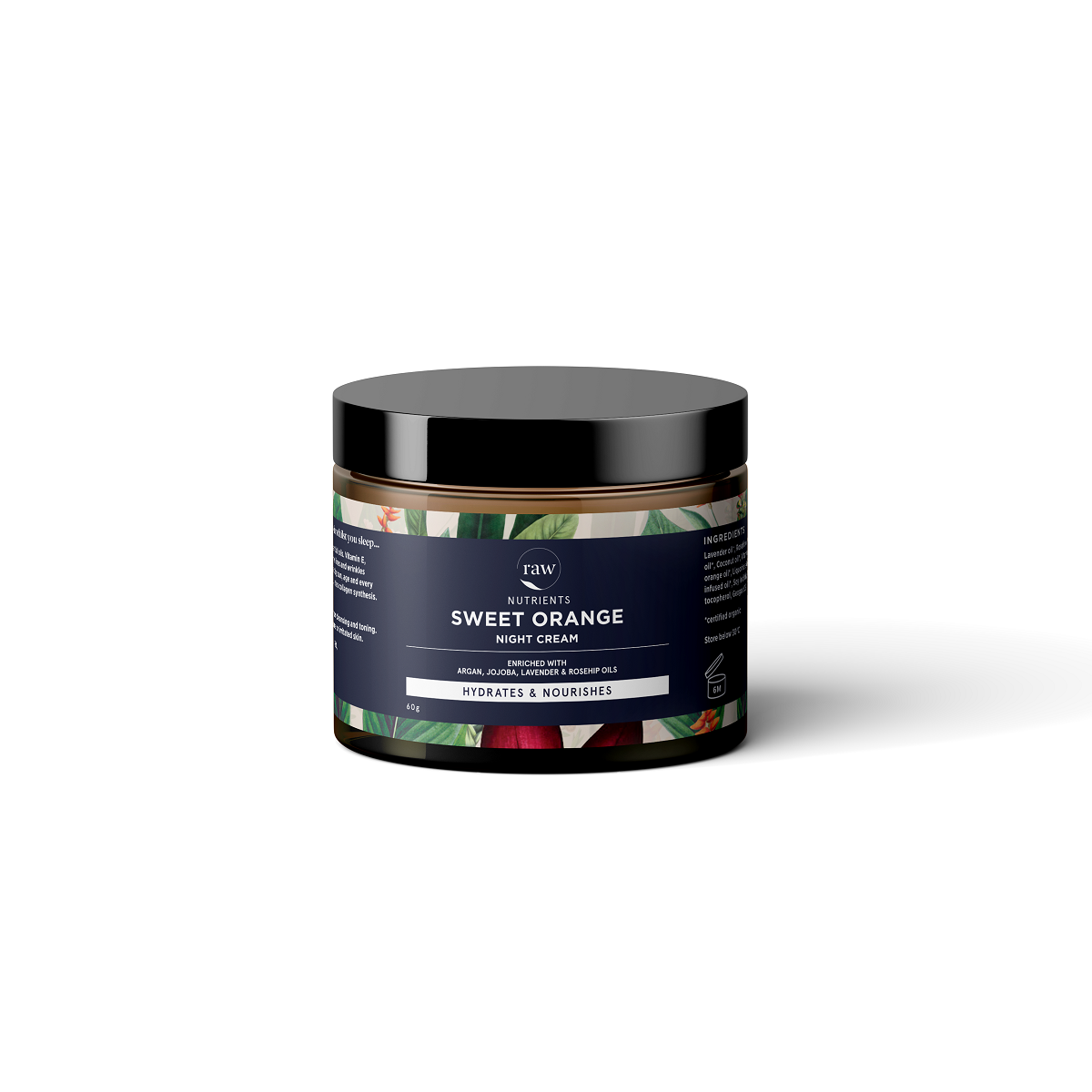-
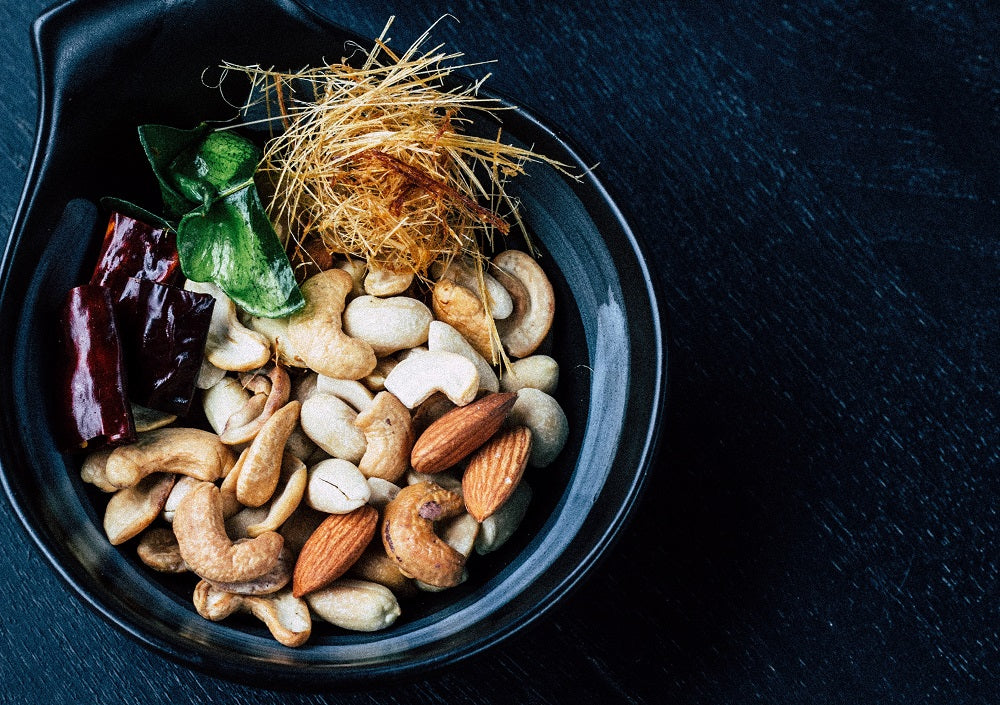
Think about zinc!
Zinc plays many important roles in your body. This essential dietary mineral is involved in metabolism processes, hel...
-
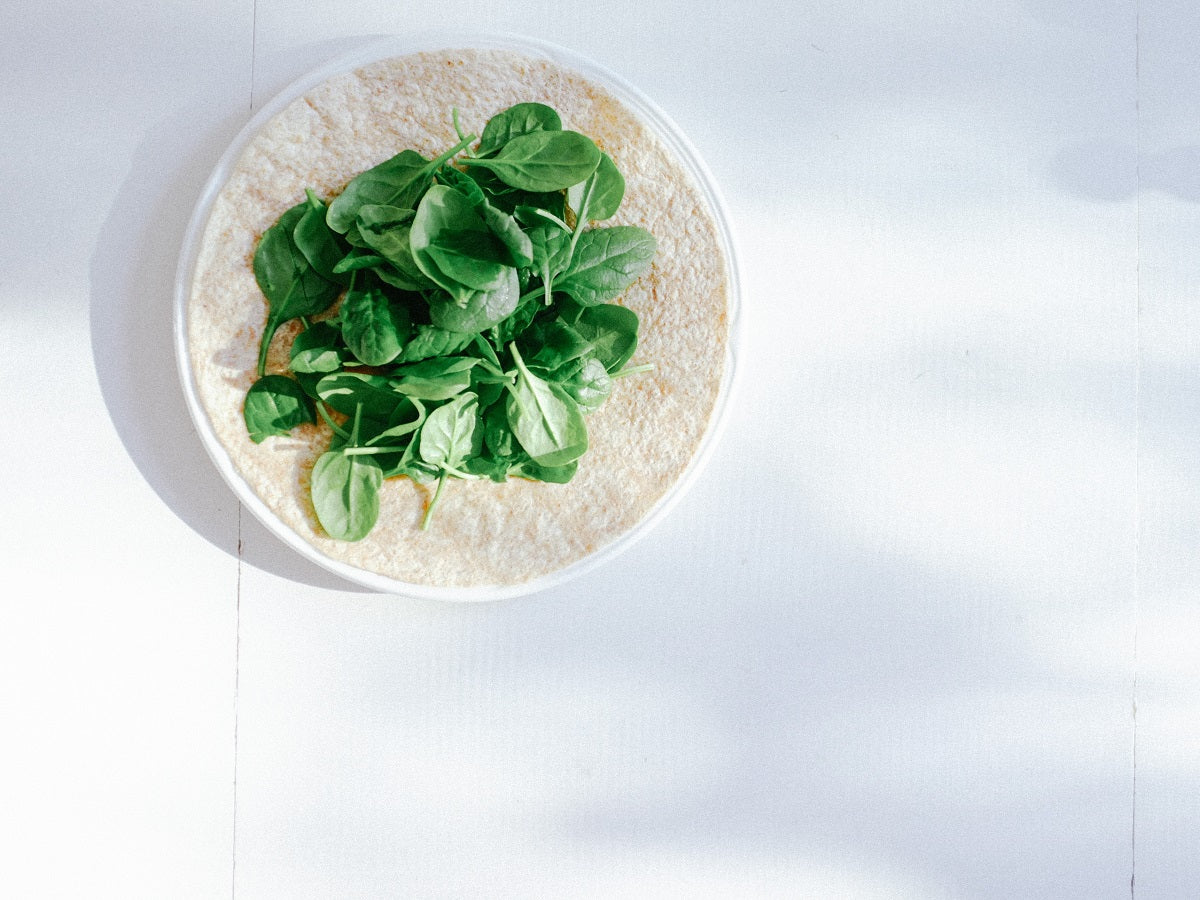
Magnesium; Are We Consuming Enough?
There is widespread magnesium deficiency, and given the importance of magnesium in the body, it is but essential to r...
-
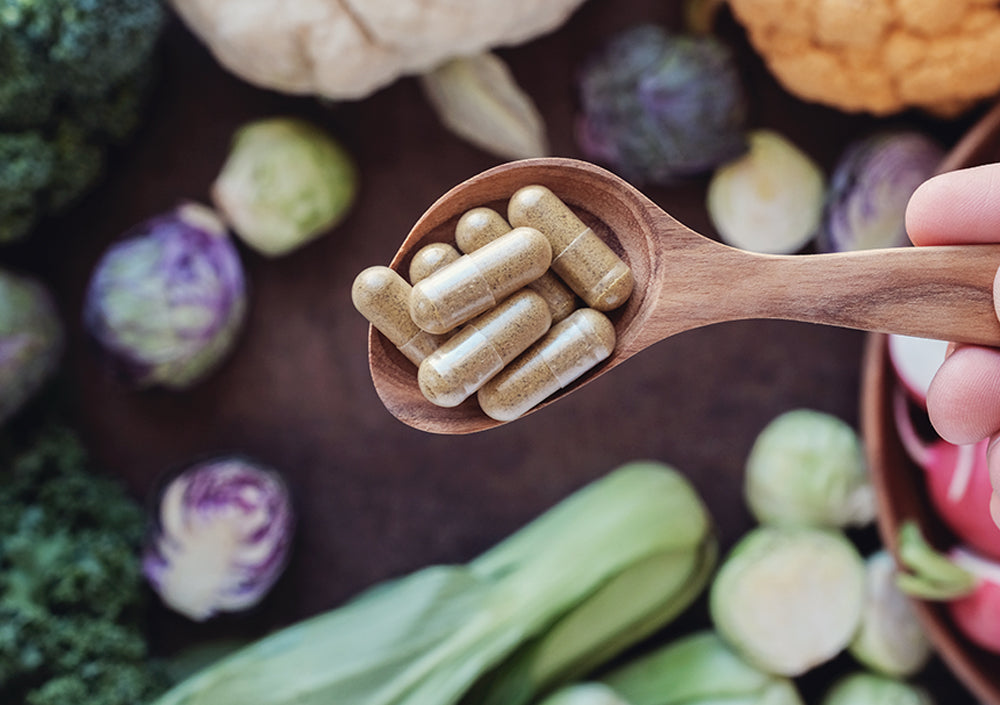
Probiotics; When & how do they work best?
Your gastrointestinal system comprises different microorganisms. The gut bacteria play a vital role in the health and...
-
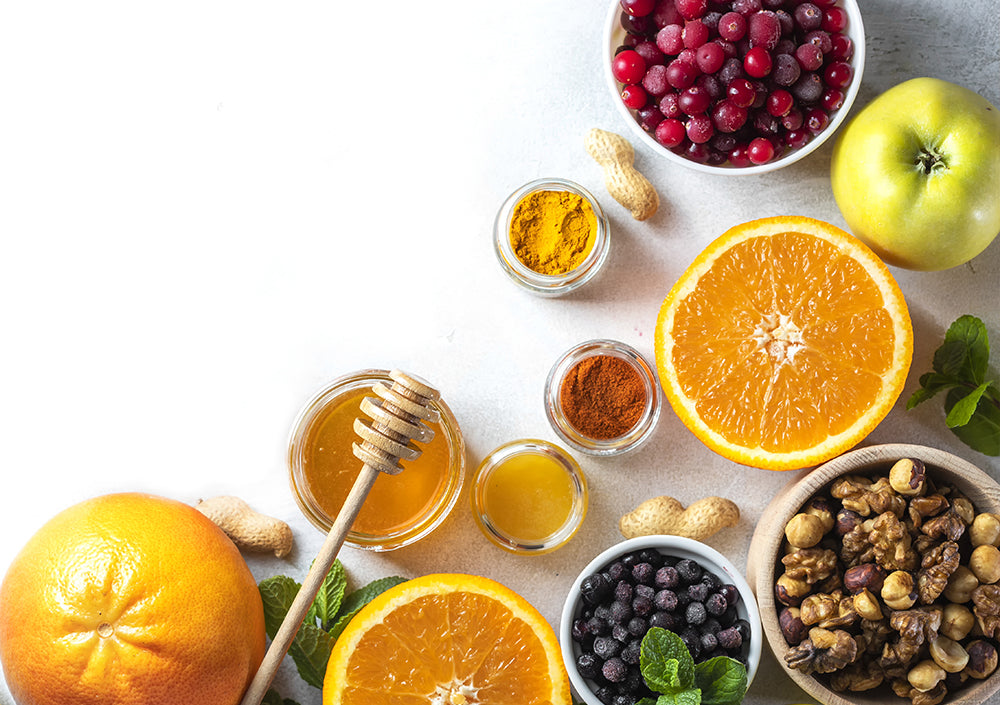
Vitamin C; How does it benefit wellness?
Vitamin C has gained popularity as an antioxidant. However, research claims that it can act as both an antioxidant an...
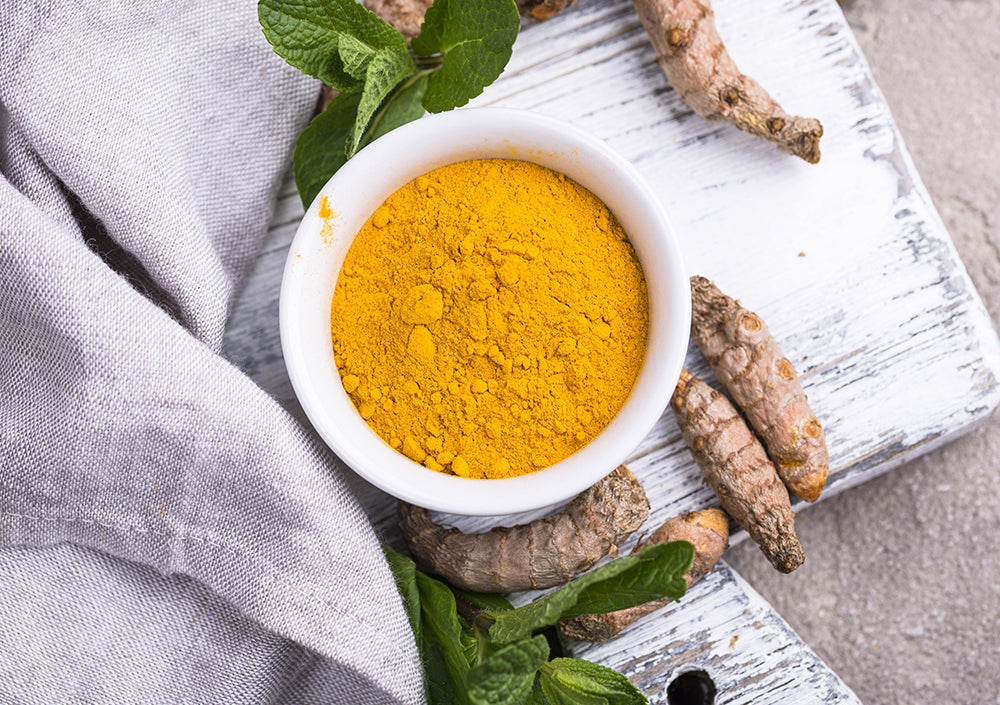
Scientific research
Turmeric; How can this be used to lower inflammation?
The benefits of Turmeric and Curcumin and how it is used to lower inflammatory markers, with accompaning studies for you to stay informed.
The yellow color of turmeric is attributed to curcumin. The polyphenol is known for its immense therapeutic properties. Turmeric is known for its medicinal use since ages. Its ability to increase the amount of antioxidants is believed to help in the management of chronic inflammation. Research finds that curcumin has antiviral, antifungal, antibacterial, antioxidant, and anti-inflammatory properties. It might play a role in disease prevention.
What’s more, recent research claims that curcumin is safe even in high doses as opposed to previous claims that it could have deleterious effects on liver and kidney. A study found that a major part of curcumin was metabolized in the body safely and that substantial concentrations of curcumin are unlikely to occur.[1]
Anti-Cancer
Curcumin is believed to play a role in cancer prevention. The effective anticancer role of curcumin could be attributed to its antioxidant properties that control DNA and free radical damage. Curcumin is also known to improve activities of detoxifying enzymes. Previous research concludes that curcumin inhibits intracellular amyloid toxicity at low dosages through its free radical scavenging activity.
Inflammation is linked to the growth of tumor. With curcumin working as a potent anti-inflammatory compound, it may play a role in treating different types of cancer. Animal studies show that curcumin may slow down the spread of tumor cells in the body, thus preventing formation and growth of tumors.
It may disrupt the formation of cancerous cells, interfere with cell signaling pathways, and cause cancer cell death.[2]
Anti-Diabetic
Research into the effects of curcumin concluded that it enhanced the activities of antioxidant enzymes. Animal studies also find that rats treated with curcumin reported significant increase in gene expression as compared to nondiabetic rats as well as diabetic untreated rats.
Studies suggest that curcumin can lower blood glucose level and other diabetes-related complications. Researchers believe that turmeric can help stabilize blood glucose levels. A study in Diabetes Care claims that prediabetics who took curcumin for 9 months were at a low risk of developing type 2 diabetes.
More research is under way to find whether curcumin can help prevent diabetes.
Anti-diabetic activity of curcumin is attributed to its role in suppressing oxidative stress and inflammation. Besides, it is believed to play a role on the diabetes induced endothelial dysfunction.
Turmeric may help manage blood glucose levels and increase insulin sensitivity, thus helping lower blood sugar levels. Animal clinical trials suggest turmeric’s role as an anti-hyperglycemic agent.[3]
Anti-inflammatory
Curcumin may help reduce inflammation being an anti-inflammatory. It may be a safe and effective treatment for people with osteoarthritis. Research finds that people with osteoarthritis experienced significant improvements in symptoms, especially mobility and stiffness, after taking curcumin for eight months.
Another study observed that symptoms of knee osteoarthritis were reduced in a group of subjects treated with curcumin. Nonsteroidal anti-inflammatory drugs are associated with a number of side effects. On the other hand, curcumin plays an important role in the prevention of inflammatory process.
Turmeric is used as a medicine for rheumatoid arthritis for its anti-inflammatory properties, which suppresses acute and chronic inflammation.
Anti-microbial
Curcumin is known to have antibacterial and antimicrobial properties. Research finds that curcumin exhibits important role against various human pathogens, such as influenza, HIV, hepatitis C, and Staphylococcus and Streptococcus strains.
It is also believed to play a role in improving digestive system health and reducing gut inflammation and permeability.
Gastro-protective
Turmeric is known for its potent role in reducing IBS symptoms and digestive disorders. Curcumin shows gastroprotective effects and may help reduce peptic ulcer symptoms.
Research shows that curcumin improves mucin secretion. Thus it could play a role as a gastroprotectant against irritants. Subjects administered with curcumin on an empty stomach do not show swelling of gastric mucosa, unlike those treated with acetylsalicylic acid that reported reddish lesions.
A study found that curcumin and omeprazole played a role in the prevention of formation of gastric lesions.
Hepato-protective
Turmeric is believed to have hepato-protective effects. Liver plays a major role in detoxification. Study finds that curcumin-based therapeutics are effective in treating liver disorders.
Research concludes that IBS patients who were administered turmeric every day for a period of 8 weeks found a significant relief from abdominal discomfort and bowel movement.
Animal studies conclude that curcumin plays a hepato-protective role in protecting study subjects against dimethylnitrosamine-induced hepatic injury.
Cardio-preventive effect
Turmeric is believed to play a protective role in cardiovascular health.
Curcumin’s antioxidant effects have been linked with attenuation of adriamycin-induced cardiotoxicity. So it is believed to be effective in cardiovascular complications. Besides, it has anti-thrombotic and anti-proliferative effects that might help reduce the serum cholesterol level linked with atherosclerosis. Animal studies demonstrate the role of curcumin in ameliorating the development of cardiac hypertrophy.
The anti-inflammatory effects of curcumin may help prevent atrial and ventricular arrhythmias and risk of heart failure.[4]
Photo-protection
Curcumin is known for its antioxidant activity in the neutralization of ultraviolet light effects on human skin. It is believed to act as a protector of the skin due to antioxidant activity. Research claims that curcumin could reduce the effects of intracellular oxidative stress linked to ultraviolet rays.
Neuroprotective
Curcumin is capable of neuroprotective and nerve regeneration properties. In an animal study, it was found that turmeric’s curcumin promotes nerve regeneration in cases of nerve crush injury.[5] The neuroprotective properties are attributed to its phenolic compound. Besides, curcumin is shown to inhibit oxidative stress after injury to the focal cerebral ischemia.
Anti-obesity
Obesity is responsible for a majority of health problems worldwide. Studies suggest that curcumin may suppress specific inflammatory markers that are responsible for obesity. Inflammatory markers are known to be elevated in the case of an individual with excess weight or obesity.
Lab studies demonstrate that curcumin may play a role in promoting weight loss and curbing weight gain. Additionally, it may help reduce the growth of fat tissue and improve sensitivity to insulin hormone.
Research finds that curcumin plays a role in preventing obesity in individuals on a high-fat diet. In a lab study, obese animals were treated with curcumin. The research found that there was a reduced NF-κB activity in the liver tissue of curcumin-treated study subjects.
Oral curcumin supplementation might prevent the development of inflammation caused by obesity and help with metabolic disorders. The research found that curcumin intake by those with metabolic disorders helped with a reduction in BMI and weight while improving adiponectin levels. [6]
Piperine, a compound in black pepper, is believed to increase curcumin absorption in the body by up to 2,000%. This means piperine is required to ensure proper supply of curcumin to the extremities and prevent consumption by glucuronidation in the liver. So it is advised to consumer turmeric with black pepper to improve its bioavailability. [7]
Reduction in sperm motility
One study investigated the sperm-immobilizing role of curcumin. Research confirmed that there was a reduction in sperm motility due to the incubation of male sperm with curcumin. Besides, research also finds that curcumin has a protective effect on the male reproductive system, protecting it from the harmful DEHP-induced damage.[8]
Prostate cancer
A study investigated the role of turmeric in the treatment of prostate cancer. It found that curcumin can restrict cell-signaling pathways that may weaken the production and growth of tumor cells.[9]
Curcumin is known to have radioprotective and radiosensitizing effects. As a result, tumor cells may become more susceptible to radiation. It is also believed to protect the body against the harmful effects of radiation. According to a study done to find curcumin supplementation role in cancer treatment, it was found that curcumin can improve the antioxidant status of a cancer patient undergoing radiotherapy.[10]
It is also effective in healing peptic ulcers and disorders of the respiratory tract. In fact, research finds that turmeric oil could play a potent role in the treatment of respiratory diseases.
For best results with turmeric supplementation, it is better to get a precise understanding of the effective dosage. No doubt, turmeric has powerful antioxidant, antibacterial, anti-inflammatory, antiviral, antitumor, antiseptic, radioprotective, cardioprotective, and hepatoprotective properties.
References
[1] Wahlström B, Blennow G. (1978). A study on the fate of curcumin in the rat. Acta Pharmacologica et toxicologica. DOI: 10.1111/j.1600-0773.1978.tb02240.x
[2] Aggarwal, B.B.1., Kumar, A., Bharti, A.C.(2003).Anticancer potential of curcumin: preclinical and clinical studies. Anticancer Research. Jan-Feb;23(1A):363-98.
[3] Zhang, D. W., et.al. (2013). Curcumin and diabetes: a systematic review. Evidence-based complementary and alternative medicine : eCAM, 2013, 636053. https://doi.org/10.1155/2013/636053
[4] Wongcharoen, W.1., Phrommintikul, A. (2009). The protective role of curcumin in cardiovascular diseases. International Journal of Cardiology. doi: 10.1016/j.ijcard.2009.01.073. Epub 2009 Feb 23.
[5] Chin, D., et.al. (2013). Neuroprotective properties of curcumin in Alzheimer's disease--merits and limitations. Current Medicinal Chemistry. DOI: 10.2174/09298673113209990210
[6] Di Pierro, F., et. al. (2015). Potential role of bioavailable curcumin in weight loss and omental adipose tissue decrease: preliminary data of a randomized, controlled trial in overweight people with metabolic syndrome. Preliminary study. European Review of Medican and Pharmacological Sciences. 4195-202.
[7] Hewlings, S. J., & Kalman, D. S. (2017). Curcumin: A Review of Its' Effects on Human Health. Foods (Basel, Switzerland), 6(10), 92. https://doi.org/10.3390/foods6100092
[8] Głombik, K., et. al. (2014). Curcumin influences semen quality parameters and reverses the di(2-ethylhexyl)phthalate (DEHP)-induced testicular damage in mice. Pharmacological Reports. doi: 10.1016/j.pharep.2014.04.010. Epub 2014 Apr 30.
[9] Devassy, J.G., Nwachukwu, I.D., Jones, P.J. (2015). Curcumin and cancer: barriers to obtaining a health claim. Nutrition Reviews. doi: 10.1093/nutrit/nuu064. Epub 2015 Feb 13.
[10] Hejazi, J., et.al. (2016). Effect of Curcumin Supplementation During Radiotherapy on Oxidative Status of Patients with Prostate Cancer: A Double Blinded, Randomized, Placebo-Controlled Study. Nutrition and Cancer. doi: 10.1080/01635581.2016.1115527. Epub 2016 Jan 15.
You might be interested in...
Raw Resources
Read About the Science Behind the Supplements

